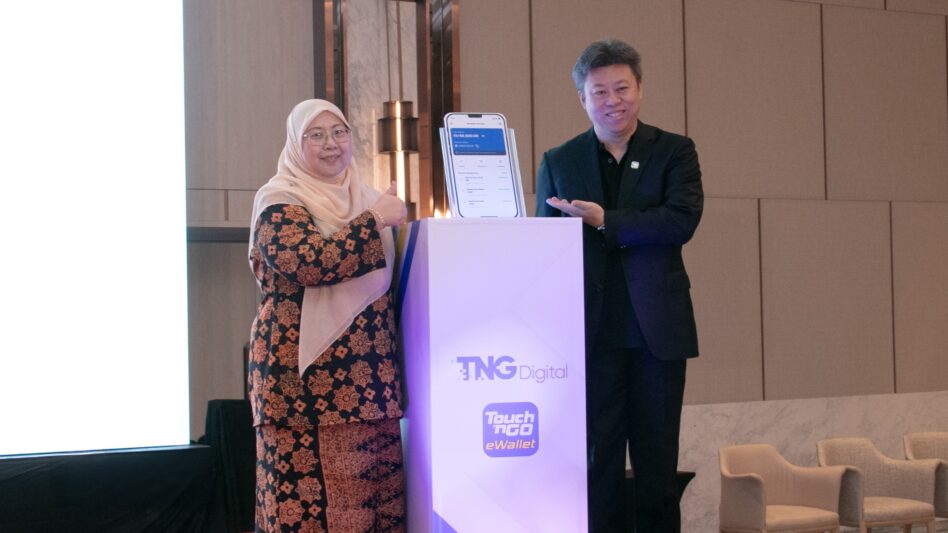YOU are in the middle of a dispute and trying to resolve it, perhaps with your business partner or a service provider who did not deliver what was promised.
You wish to reach a compromise, but you are concerned that anything you say might later be used against you if the matter escalates. This is where the phrase “without prejudice” becomes important.
So, what does “without prejudice” mean?
In simple terms, “without prejudice” means that anything said or written as part of a genuine attempt to settle a dispute cannot be used as evidence in court if negotiations fall apart.
It gives you the freedom to speak openly and propose compromises, without worrying that your words will come back to haunt you later.
Think of it as a kind of “safe space” for negotiation. Let us say you are in a disagreement with your landlord over repairs that have not been carried out for months despite notices and reminders.
You believe the landlord is responsible for fixing the issue and that you should be compensated for any inconvenience caused. You sent a letter to your landlord that states:
“On a Without Prejudice basis, I am prepared to accept a rent reduction of one month to settle this dispute without further action.”
If your landlord declines the offer and the matter proceeds to court, your landlord cannot use that letter as evidence that you were willing to accept less than what you believe you are owed.
This is because you made the offer “without prejudice” with the intention of resolving the dispute privately.
Be mindful—it’s not a magic word
Two important conditions for the “without prejudice” protection to apply:
- There must be a disagreement or dispute between the people involved and because of that, they start negotiating with each other.
- Communication must suggest terms that would finally lead to the settlement of the dispute.
The phrase “without prejudice” is not a label that can be applied indiscriminately to shield an act from its ordinary legal consequences, particularly where no genuine dispute exists or no sincere attempt at negotiation has taken place.
One cannot simply insert the words “without prejudice” into a conversation or document and expects to receive absolute protection, especially when the communication does not form part of a legitimate effort to resolve a dispute.
Moreover, the phrase must not be misused to conceal improper conduct, admission of liability or threats.
Courts retain the discretion to admit such communications into evidence where it is clear they were not made as part of a bona fide settlement discussion.
What if you have forgotten to use the phrase?
Provided that a dispute existed and the parties engaged in genuine negotiations aimed at reaching a settlement, the communication may be classified as “without prejudice” even if the phrase “without prejudice” was not explicitly used by either party.
Such protection can also be inferred from the surrounding circumstances of the case. However, it is always a best practice to clearly state that the communication is “without prejudice” to avoid any uncertainty or potential dispute.
Understanding when and how to use the phrase “without prejudice” can be a powerful tool.
It allows you to speak more freely, propose fair solutions and try to resolve matters privately, all without the risk that your words will be used against you later. ‒ June 19, 2025
Leonard Yeoh is a senior partner and Pua Jun Wen a senior associate with the law firm Tay & Partners.
The views expressed are solely of the authors and do not necessarily reflect those of Focus Malaysia.
Main image: FMT









